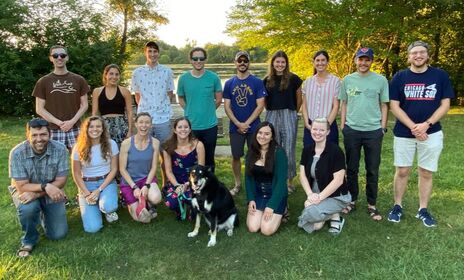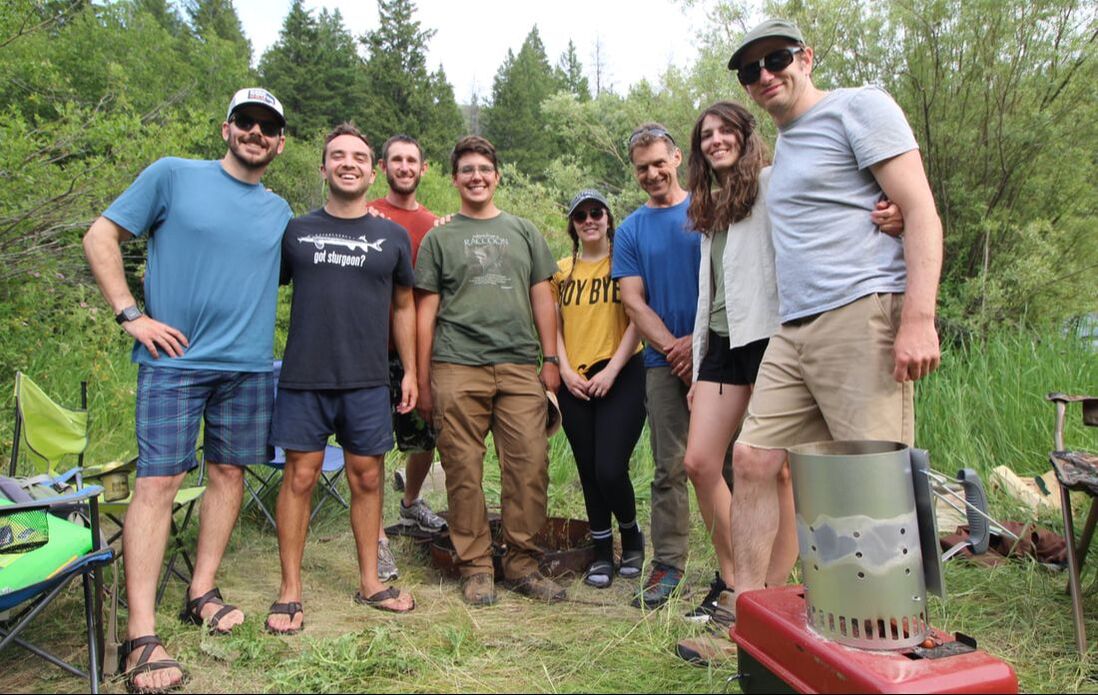For student or postdoc candidates that are interested in joining the Conservation and Coexistence Group, please fill out this inquiry form
Learn more about master’s and PhD programs offered at the University of Michigan School for Environment and Sustainability (SEAS). Students can enroll in the Master of Science program that has seven fields of study, a Master of Landscape Architecture program, or a PhD program in which students choose between two primary tracks: a natural science focus or a social science focus. To remove the barriers for qualified applicants, SEAS is now waiving its application fee, and the school is no longer requiring the submission of GRE scores for all masters and PhD programs. If you are interested in learning more, visit SEAS Admissions. If you would like to speak to an admissions coach, please complete our SEAS Admissions Inquiry Form.
Learn more about master’s and PhD programs offered at the University of Michigan School for Environment and Sustainability (SEAS). Students can enroll in the Master of Science program that has seven fields of study, a Master of Landscape Architecture program, or a PhD program in which students choose between two primary tracks: a natural science focus or a social science focus. To remove the barriers for qualified applicants, SEAS is now waiving its application fee, and the school is no longer requiring the submission of GRE scores for all masters and PhD programs. If you are interested in learning more, visit SEAS Admissions. If you would like to speak to an admissions coach, please complete our SEAS Admissions Inquiry Form.



